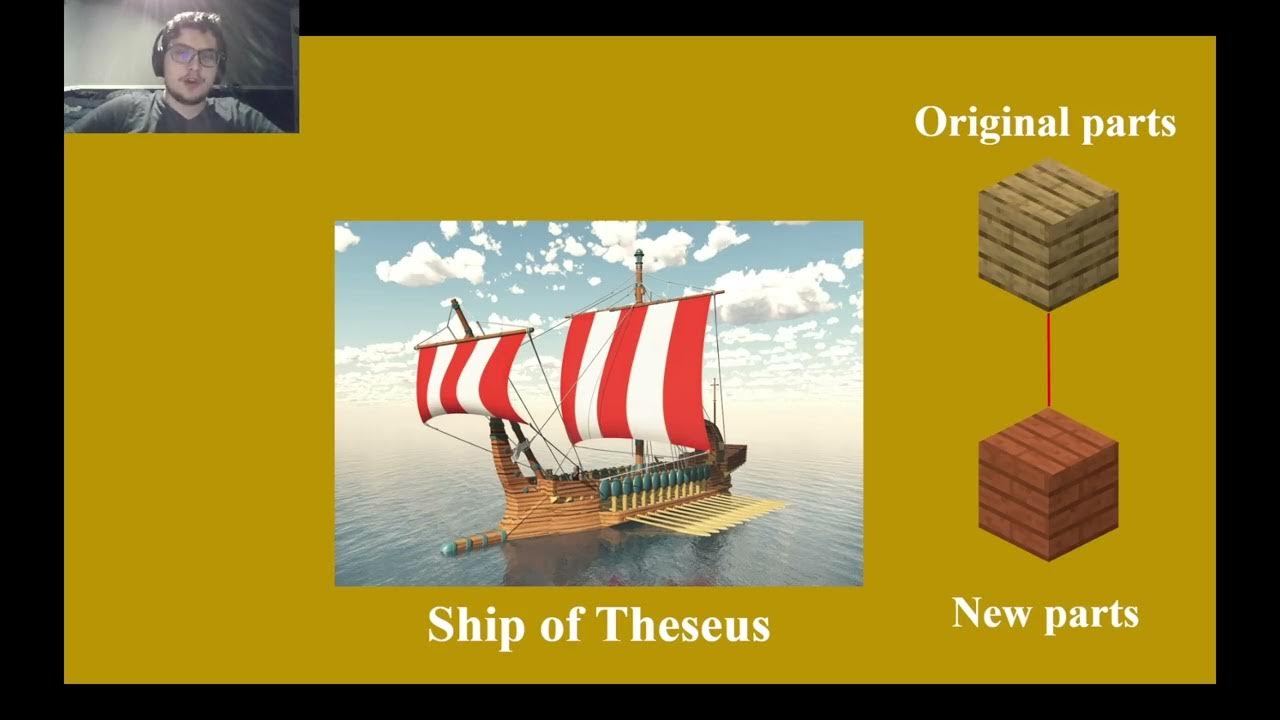This PSYCHOLOGICAL Theory will HELP you REMEMBER
Summary
TLDRIn this video, the concept of forgetting is explored through the lens of retrieval failure, a phenomenon where memories are still present but difficult to access. Psychologist Endel Tulving's encoding specificity principle explains that we need the same cues at recall that were present when the memory was encoded. The video highlights context-dependent and state-dependent forgetting, showing how environmental and emotional cues affect memory recall. Research studies demonstrate these principles, including those by Godden & Baddeley and Carter & Cassidy. The video concludes by offering practical advice for improving memory recall, especially in exam settings, by aligning study conditions with the conditions at recall.
Takeaways
- 😀 Forgetting is not necessarily because memories are gone, but due to retrieval failure, meaning we struggle to access stored memories.
- 😀 Marcel Proust's experience with a childhood memory triggered by tasting a biscuit dipped in tea exemplifies how retrieval failure works.
- 😀 The encoding specificity principle explains that the cues available when we first encode a memory must be present during recall for successful retrieval.
- 😀 A personal example: listening to a specific song from a memorable summer triggers many associated memories due to the same contextual cue.
- 😀 Context-dependent forgetting occurs when external cues, such as location or specific keywords, are absent during recall, leading to forgotten memories.
- 😀 An everyday example of context-dependent forgetting: forgetting why you walked into a room, only to remember when returning to the original room.
- 😀 State-dependent forgetting occurs when the internal state during learning (e.g., emotional or physiological state) differs from the state during recall, causing memory failure.
- 😀 Being anxious or stressed during an exam, when you were calm during study, can lead to difficulty in recalling information.
- 😀 Research by Godden and Baddeley (1975) found that scuba divers recalled words better in the same environment (underwater) where they had learned them, supporting context-dependent forgetting.
- 😀 State-dependent forgetting was demonstrated in research by Carter and Cassidy (1998), where participants who were in the same internal state (e.g., sober or under the influence) during learning and recall had better memory performance.
- 😀 Applying these principles to real life: students can improve memory recall by ensuring their study environment and emotional state match those during recall (e.g., exam setting).
Q & A
What is retrieval failure and why do we forget?
-Retrieval failure refers to the inability to access a memory even though it is stored in the brain. We forget because we lack the right cues or triggers to retrieve the memory, not because the memory has disappeared.
How does the encoding specificity principle relate to forgetting?
-The encoding specificity principle, proposed by Endel Tulving, states that we are more likely to recall information when the cues available at recall are the same as those present when the information was encoded. If the cues are different, retrieval becomes harder.
Can you give an example of how a memory is triggered by external cues?
-Yes, an example from the video is the speaker's experience with the Killers' album 'Hot Fuss'. Hearing a song from that album, which was constantly playing during a summer camp in the USA, brought back vivid memories of that time, as the music served as an external cue for the memory.
What is context-dependent forgetting?
-Context-dependent forgetting occurs when we forget information because the external context at the time of recall is different from the context when the information was encoded. For example, if you try to recall information in a different room from where you studied it, you might struggle to remember it.
How does state-dependent forgetting differ from context-dependent forgetting?
-State-dependent forgetting focuses on the internal state, such as mood or physiological conditions, at the time of encoding and recall. If your internal state changes, such as being anxious during an exam, you may find it harder to retrieve memories encoded when you were calm.
What did the 1975 study by Godden and Baddeley reveal about context-dependent forgetting?
-The study found that scuba divers had better recall when they learned information underwater and recalled it underwater, or when they learned on land and recalled on land. This demonstrates that recall is better when the context of encoding and retrieval matches.
What role do internal cues play in memory recall, as seen in the Carter and Cassidy 1998 study?
-Carter and Cassidy's study showed that memory recall is affected by internal cues, such as the physiological state induced by antihistamines. Participants performed better when their internal state during recall was the same as when they encoded the information.
How did the 1983 study by Loin demonstrate state-dependent forgetting?
-In Loin's study, participants who learned a map and instructions while sober or drunk had better recall when their internal state at retrieval matched the state at encoding. Interestingly, those who encoded the information while drunk remembered it better when drunk than when sober.
What is a criticism of the retrieval failure explanation?
-A criticism is that the retrieval failure explanation typically involves dramatic differences between the context or state at encoding and recall (e.g., underwater vs. dry land, sober vs. drunk). It doesn’t fully account for forgetting in more typical, everyday situations where conditions are not so drastically different.
How can understanding retrieval failure be applied to real life, particularly in studying?
-Understanding retrieval failure can help students improve memory by making use of effective cues during revision. For example, using mnemonics or creating memorable cues that are closely linked to the material can aid recall during exams, where the same cues used for encoding are also available during retrieval.
Outlines

此内容仅限付费用户访问。 请升级后访问。
立即升级Mindmap

此内容仅限付费用户访问。 请升级后访问。
立即升级Keywords

此内容仅限付费用户访问。 请升级后访问。
立即升级Highlights

此内容仅限付费用户访问。 请升级后访问。
立即升级Transcripts

此内容仅限付费用户访问。 请升级后访问。
立即升级5.0 / 5 (0 votes)






